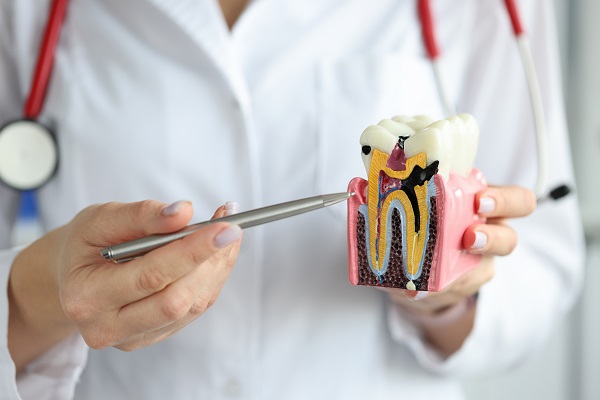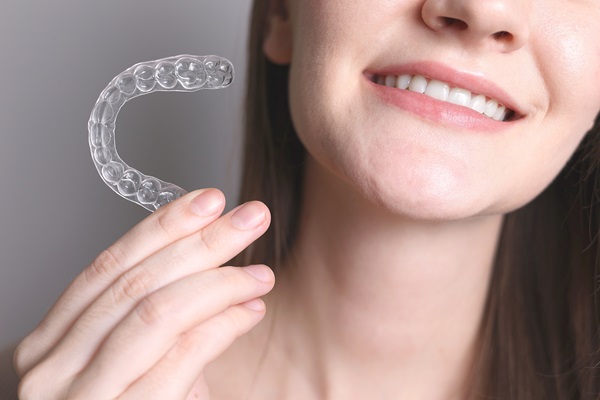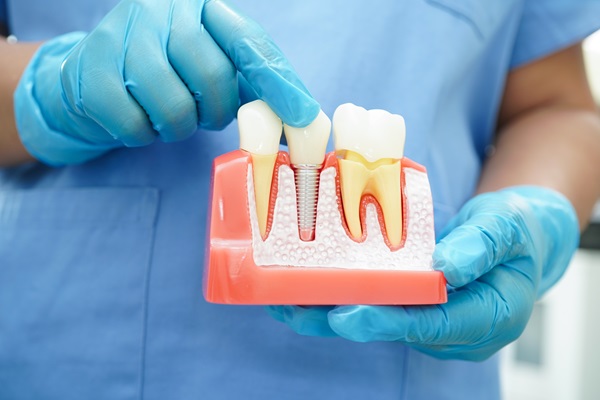What Are the Best Methods to Keep Cavities From Forming?

Cavities are one of the most common reasons that people seek dental treatment. These small holes develop on teeth surfaces due to acids in the mouth eating away at them. Bacteria in the mouth consume sugars and excrete these acids.
The earliest stage of tooth decay can be reversed if a dentist detects it early on. It is known as the demineralization stage, and it can be reversed with a fluoride treatment.
The latter stages of tooth decay require treatments like fillings, composite bonding, or crowns to prevent the decay from destroying the tooth. An untreated cavity can also lead to an infection. That requires a root canal from a general dentist. They will clean out the contents of the pulp chamber and apply medication to the area.
Best ways to prevent cavities
Cavities are easy to avoid if patients take good care of their mouth and avoid foods and beverages that promote tooth decay. Here are a few ways to keep the teeth decay-free.
1. Brush twice daily
Brushing the teeth twice a day helps remove the things that lead to decay. Bacteria in the mouth form plaque, the sticky, transparent film that forms over teeth during the day. Plaque contains bacteria and their acids, so it gradually eats away at teeth surfaces.
Fortunately, plaque can be removed by brushing the teeth regularly. Brushing after every meal provides maximum protection, but many people have difficulty keeping up with that oral hygiene schedule. Brushing twice a day also provides adequate protection, especially right before bed. Saliva production is decreased during sleep, which makes teeth more vulnerable to tooth decay. Also, food particles and the acids produced by bacteria have built up all day, so it is best to get them off the teeth before going to bed.
When left on teeth for a few days, plaque hardens into tartar, which cannot be removed by brushing. Tartar contains acids made by oral bacteria and can only be removed by a dentist during teeth cleaning. Removing it requires using a dental tool called a scaler, and it requires training and experience to perform the procedure safely.
2. Floss daily
Flossing helps get rid of plaque in the spaces between teeth. These areas are too narrow to reach with the bristles of a toothbrush. Aim to floss once a day before or after brushing teeth at night.
3. Limit exposure to sugar
Sugar is the number-one thing that people who are concerned with cavities should avoid. Bacteria in the mouth love it, and it gives them the fuel that they need to make the acids that damage teeth. Sugary drinks or snacks should be quickly consumed and the mouth rinsed with water afterward.
We can help prevent cavities
Take good care of your teeth, and cavities will not be something that you have to spend much time dealing with. So, give us a call or visit our Staten Island clinic for more tips on how to prevent tooth decay and for cavity treatment.
Request an appointment here: https://rsndental.com or call RSN Dental PC at (347) 344-5806 for an appointment in our Staten Island office.
Check out what others are saying about our dental services on Yelp: General Dentist in Staten Island, NY.
Recent Posts
In general dentistry, dental fillings are one of the most common restorative procedures performed. They are used to address the damage done to teeth, most often as a result of cavities. Continue reading to find out more!Below is a quick overview of dental fillings in general dentistry, including how they are placed and when they…
Not flossing regularly can increase the risk of developing oral health concerns, such as dental cavities and periodontal disease, so a general dentist encourages patients to floss several times a day and stick to a consistent oral care schedule to reduce the risk of oral health complications in the future. Flossing is essential to good oral…
Considering cosmetic dental work from a general dentist? Although cosmetic dentistry is its own field, general dentists also offer an array of procedures that can be used to improve the way that the teeth look. There are a lot of different procedures that can be performed in a general dentistry setting. Keep reading to find…
There are multiple reasons why you should ensure that you and your entire household maintain healthy teeth. From having amazing and sparkling smiles to avoiding toothaches, keeping gum diseases at a minimum, being able to chew without difficulties, and other benefits, there is a lot to gain from maintaining healthy teeth. There are lots of…


